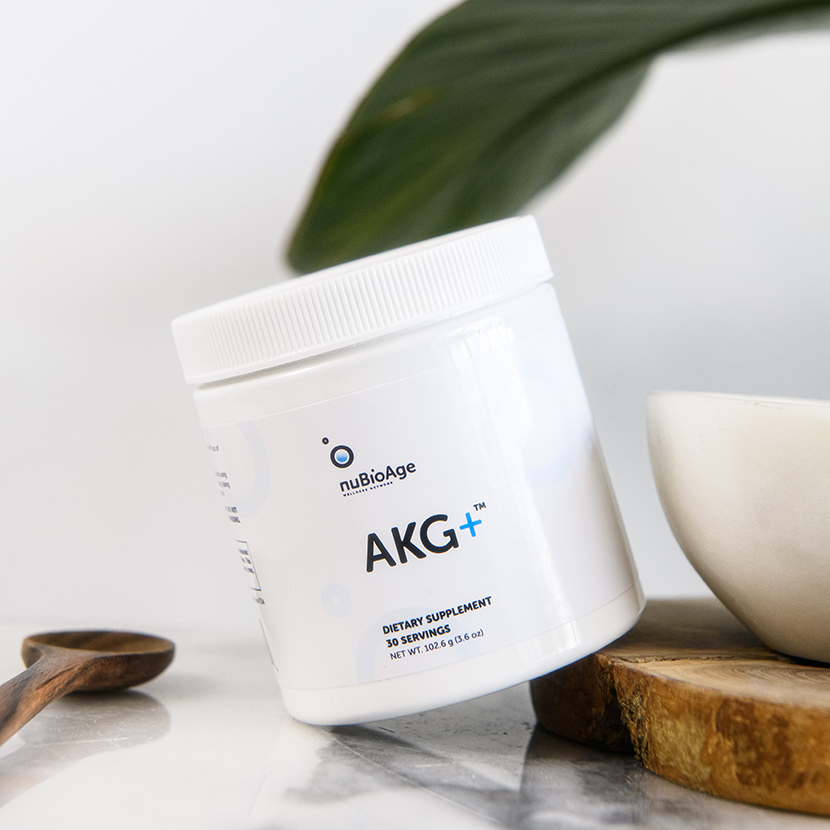
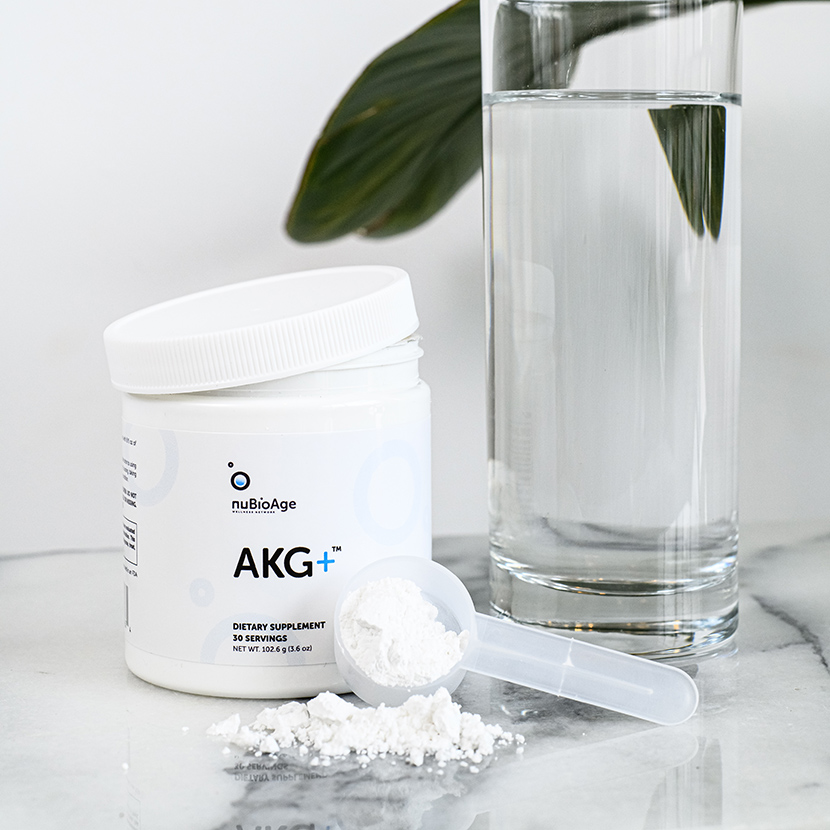
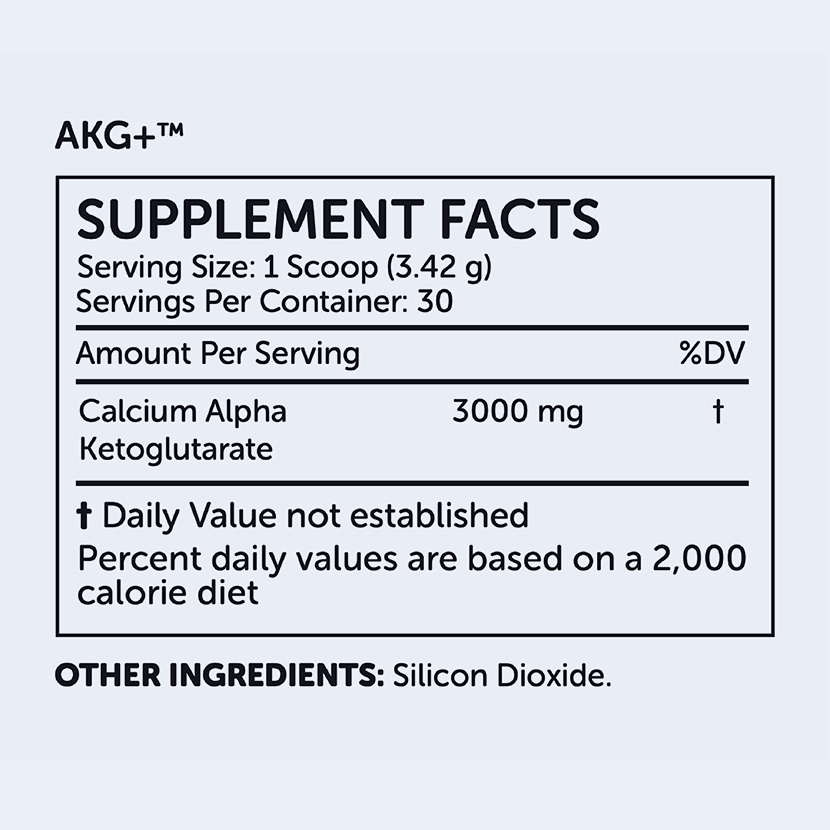
AKG (Alpha-ketoglutarate) supplement enhances health and physical performance by being a crucial intermediate in the Krebs cycle, supporting cellular energy production. It aids in the synthesis of glutamine and other amino acids essential for muscle repair, growth, and recovery. AKG also promotes longevity by supporting cellular functions and reducing inflammation, thus maintaining muscle health.
Its role in energy metabolism makes it beneficial for improving metabolic health.
Please log-in to view wholesale pricing.
Sign In to View Pricing
Sign In to View Details
Sign In to View Supplement Facts
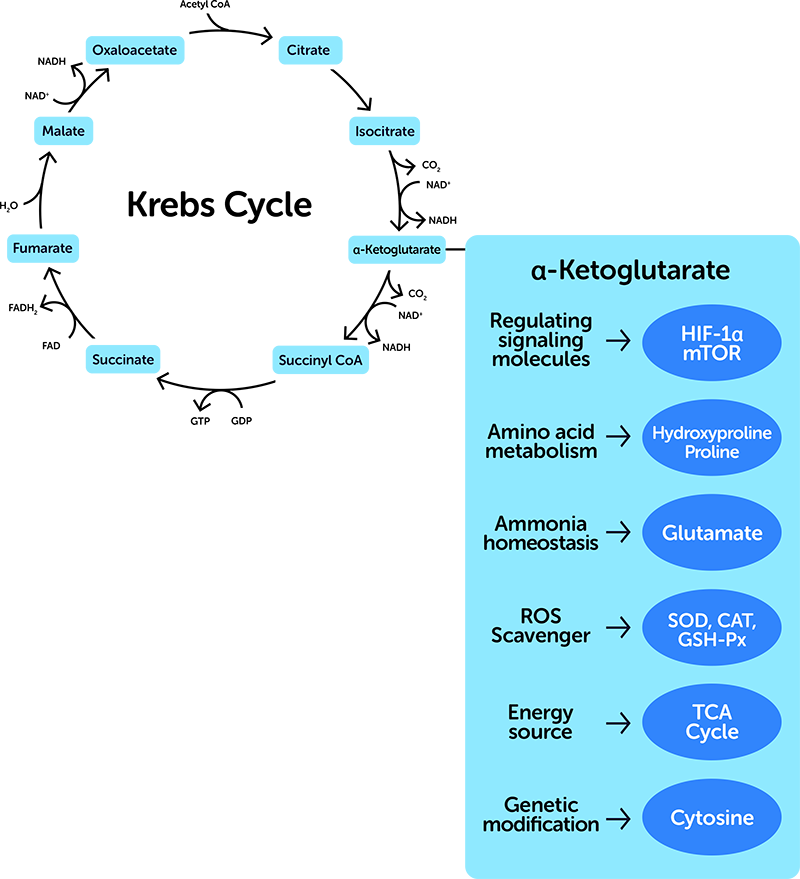
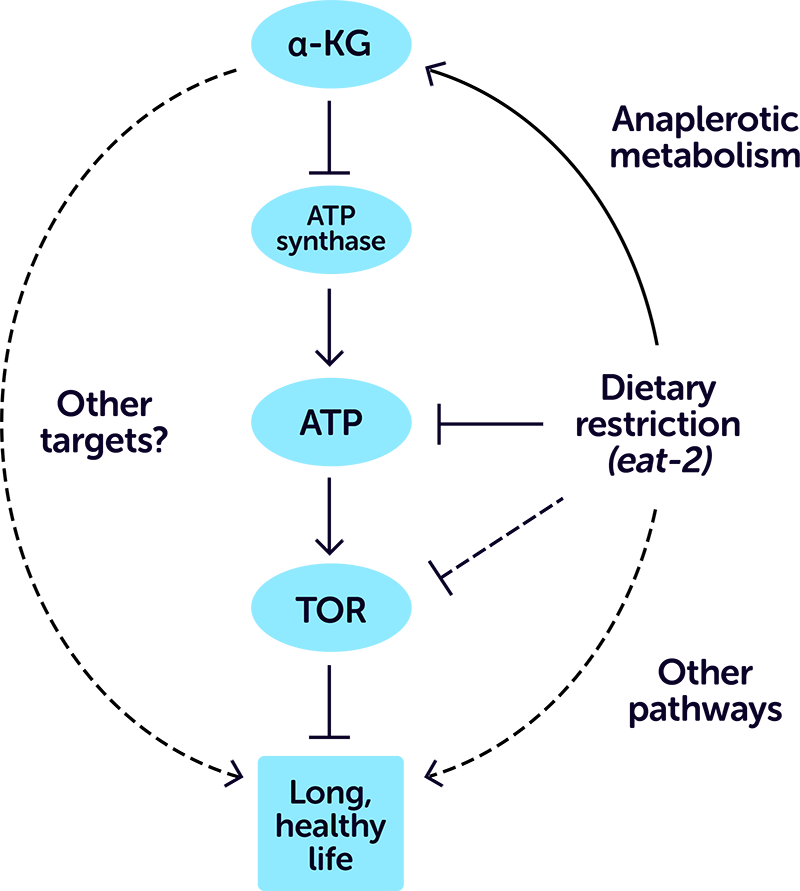
These statements have not been evaluated by the Food and Drug Administration. The products and information on this website are not intended to diagnose, treat, cure or prevent any disease. The information on this site is for educational purposes only and should not be considered medical advice. Please speak with an appropriate healthcare professional when evaluating any wellness-related therapy.
